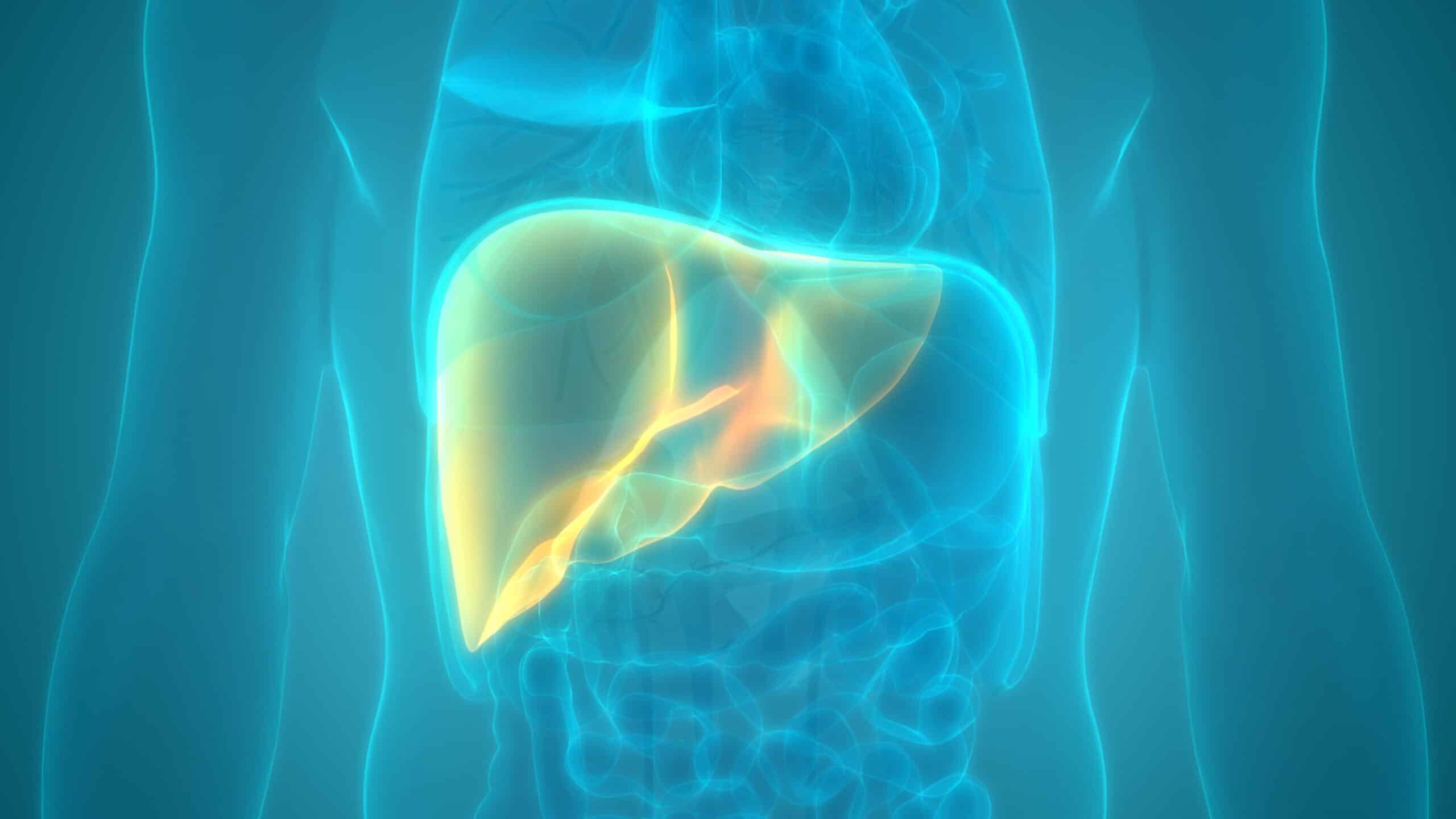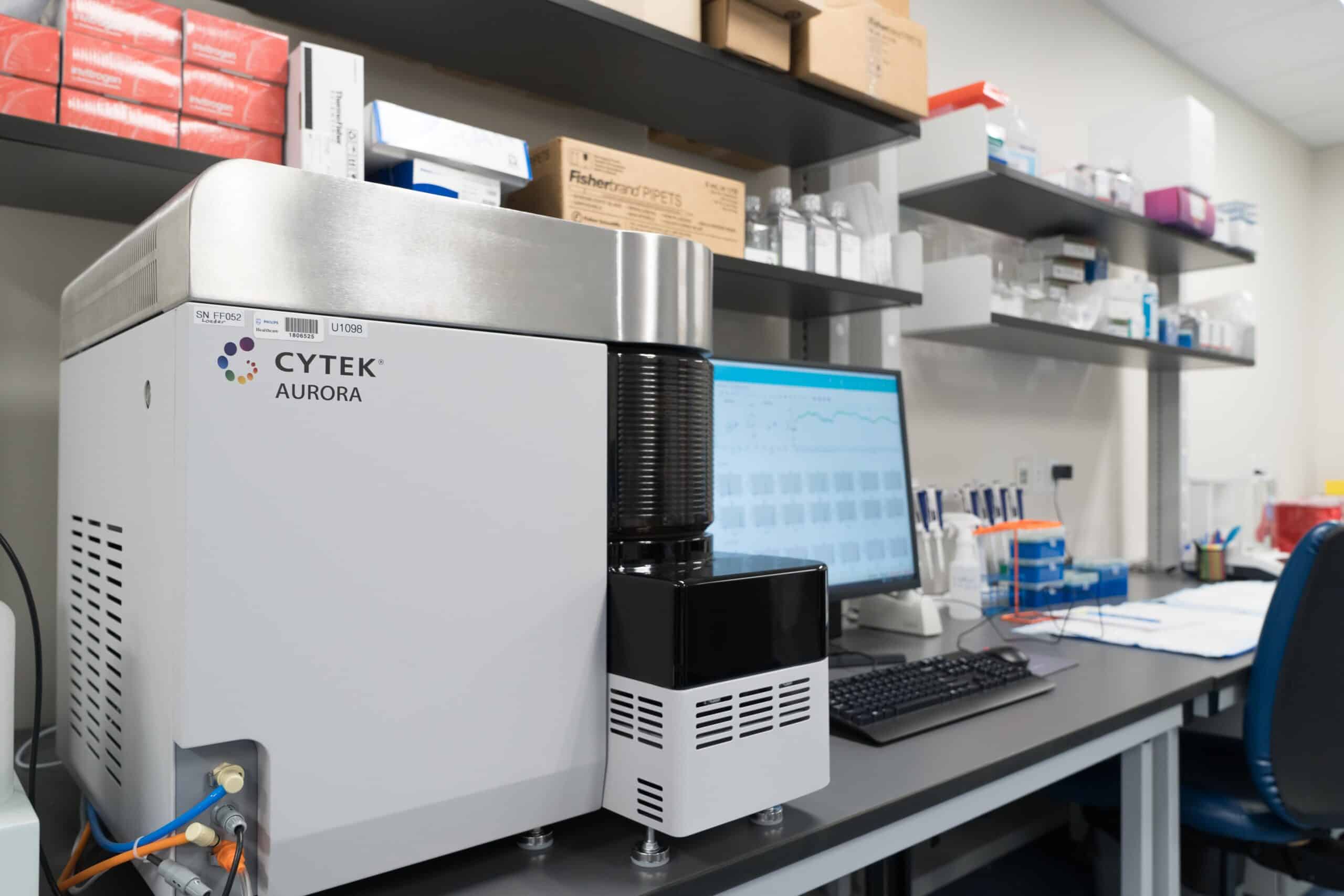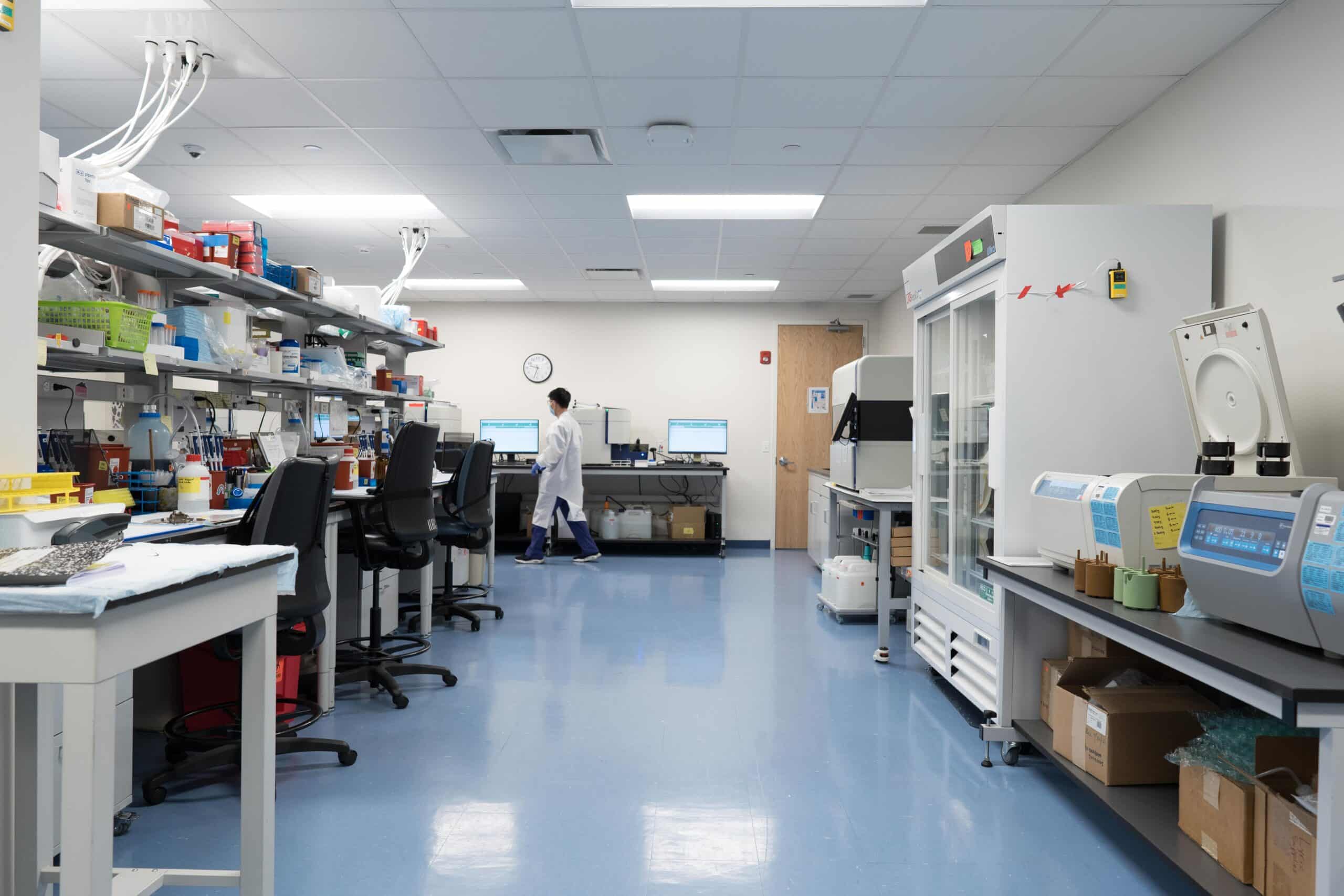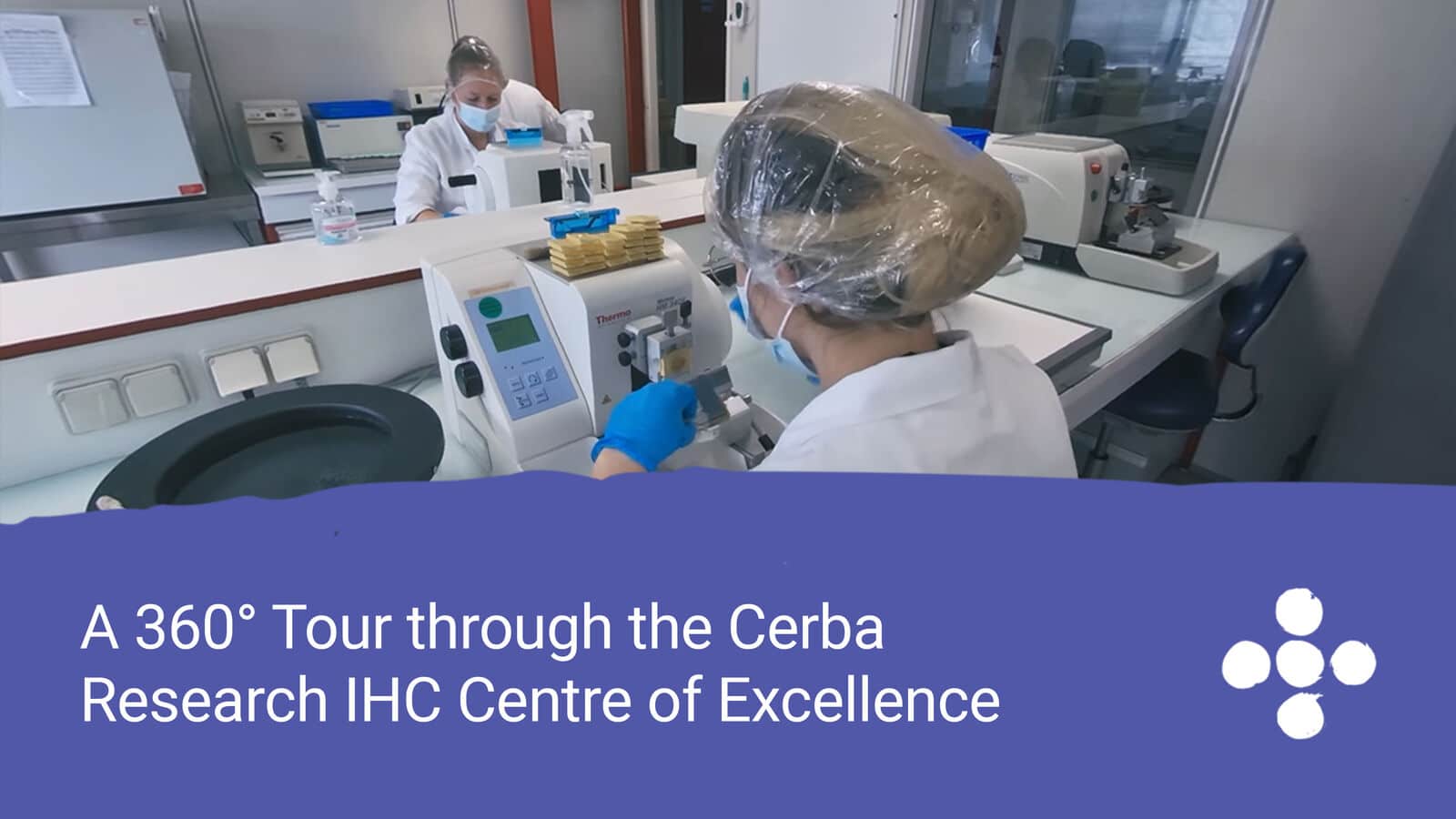Global prevalence of non-alcoholic fatty liver disease (NAFLD) is 25.24% in 2016, a percentage that has rapidly increased over the past decade.
There exist two types of NAFLD, non-alcoholic fatty liver (NAFL) and non-alcoholic steatohepatitis (NASH). Both Masson’s Trichrome Analysis CD45/ CD138/ Adipophilin IHC subtypes are associated with lipid accumulation in the liver, the latter being more severe with inflammatory cell infiltration, fibrosis and subsequent hepatocyte damage and impaired organ function.
The current gold standard for NAFLD diagnosis is liver biopsies evaluated by experienced pathologists who assign scores for several features (fibrosis, steatosis, inflammation and ballooning). However, documented inter-pathologist variability in scoring and semi-quantitative nature of the scoring system itself highlight the need for new methods to ensure the unbiased and consistent assessment of disease.
Our colleague Maroua Tliba has presented a poster on this during EASL 2023. Discover everything here by downloading the poster.

Poster – Novel Image Analysis And IHC Advances For NASH
Reach out to our experts and discover how we can help you transform research and advance health.





